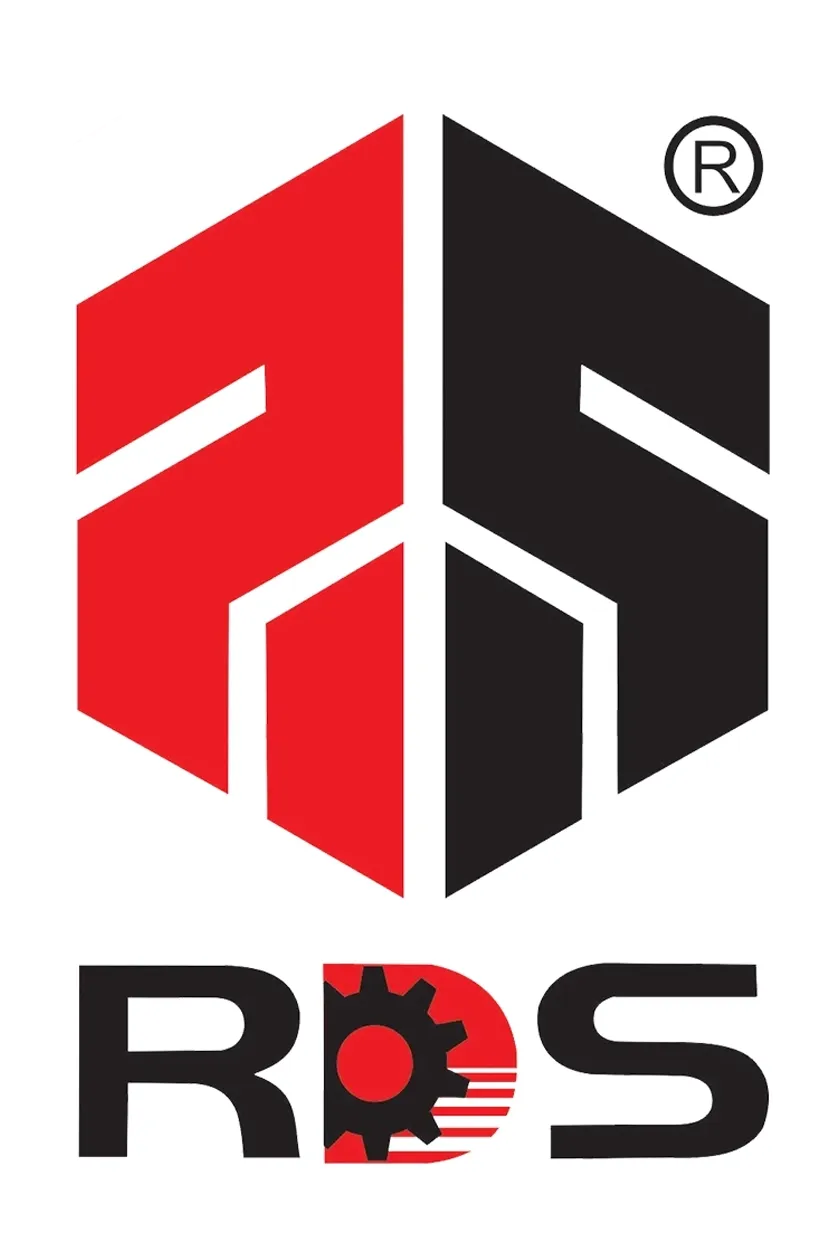Unveil the Secrets of Epoxy Fiberglass Tubes
Unveil the Secrets of Epoxy Fiberglass Tubes
Epoxy fiberglass tubes are composite materials crafted by integrating high-strength fiberglass fibers with epoxy resin through advanced manufacturing processes. This unique combination endows them with exceptional mechanical, chemical, and thermal properties, making them best choice in numerous industrial and electrical applications.
Manufacturing Process
The manufacturing of epoxy fiberglass tubes typically involves pultrusion, filament winding, or hand lay-up techniques. In the pultrusion process, fiberglass is saturated with epoxy resin and then pulled through a heated die, which shapes and cures the tube. Filament winding, on the other hand, is to wind resin-impregnated fiberglass filaments around a shaft in a precise pattern, followed by curing under controlled temperature and pressure. The hand lay-up method is involving the manual placement of fiberglass layers saturated with epoxy resin into a mold, which is then cured. Each process offers distinct advantages, allowing to customize tube properties such as wall thickness, diameter, and strength according to specific requirements.
Key Properties
High Mechanical Strength
Epoxy fiberglass tubes exhibit remarkable tensile, compressive, and flexural strengths, comparable to many metals. The continuous fiberglass reinforcement provides excellent strength capabilities, enabling the tubes to withstand heavy mechanical stresses without deformation or failure. This strength makes them ideal for structural applications, such as in aerospace components, automotive parts, and construction frameworks.
Corrosion Resistance
One of the most significant advantages of epoxy fiberglass tubes is their outstanding resistance to corrosion. The epoxy resin acts as a barrier, protecting the fiberglass from chemical attack by acids, alkalis, salts, and moisture. Unlike metal tubes, which can rust or corrode over time, epoxy fiberglass tubes maintain their integrity and performance in harsh environments, including marine, chemical processing, and wastewater treatment facilities.
Electrical Insulation
Epoxy fiberglass tubes possess excellent electrical insulation properties, making them widely used in the electrical and electronics industries. The non-conductive nature of the composite material ensures safe operation in high-voltage applications, such as electrical transformers, switchgear, and circuit breakers. Additionally, their low dielectric constant and dissipation factor contribute to efficient signal transmission in telecommunications and data communication systems.
Thermal Stability
Epoxy fiberglass tubes can withstand a wide range of temperatures without significant degradation of their mechanical or physical properties. They exhibit low thermal expansion coefficients, which minimize dimensional changes under temperature variations. This thermal stability allows epoxy fiberglass tubes to be used in applications of extreme heat or cold, such as in industrial ovens, refrigeration systems, and aerospace thermal protection systems.
Lightweight
Despite their high strength, epoxy fiberglass tubes are significantly lighter than their metallic counterparts. The low density of fiberglass and epoxy resin results in a material that is easy to handle, transport, and install. This lightweight characteristic reduces the overall weight of structures and equipment, leading to lower energy consumption, improved fuel efficiency, and cost savings in various industries.
Where They’re Used
· Aerospace: Planes, missiles, and satellites use these tubes. Their strength and light weight help make these vehicles faster and use less fuel.
· Cars: They’re used to make parts like drive shafts and parts of the suspension. Their light weight helps cars use less gas.
· Electrical Work: You’ll find them in things like electrical wires and boards to keep electricity safe and help signals travel well.
· Buildings: In construction, they can reinforce columns, beams, and pipes. They’re a good choice when there’s a risk of corrosion.
· Marine: Boats, offshore platforms, and underwater pipes use epoxy fiberglass tubes because they resist saltwater and stay strong in the ocean.
In short, epoxy fiberglass tubes are amazing materials. Their useful features make them important in many industries, and we’ll likely see them used in even more ways in the future.
 EN
EN






















